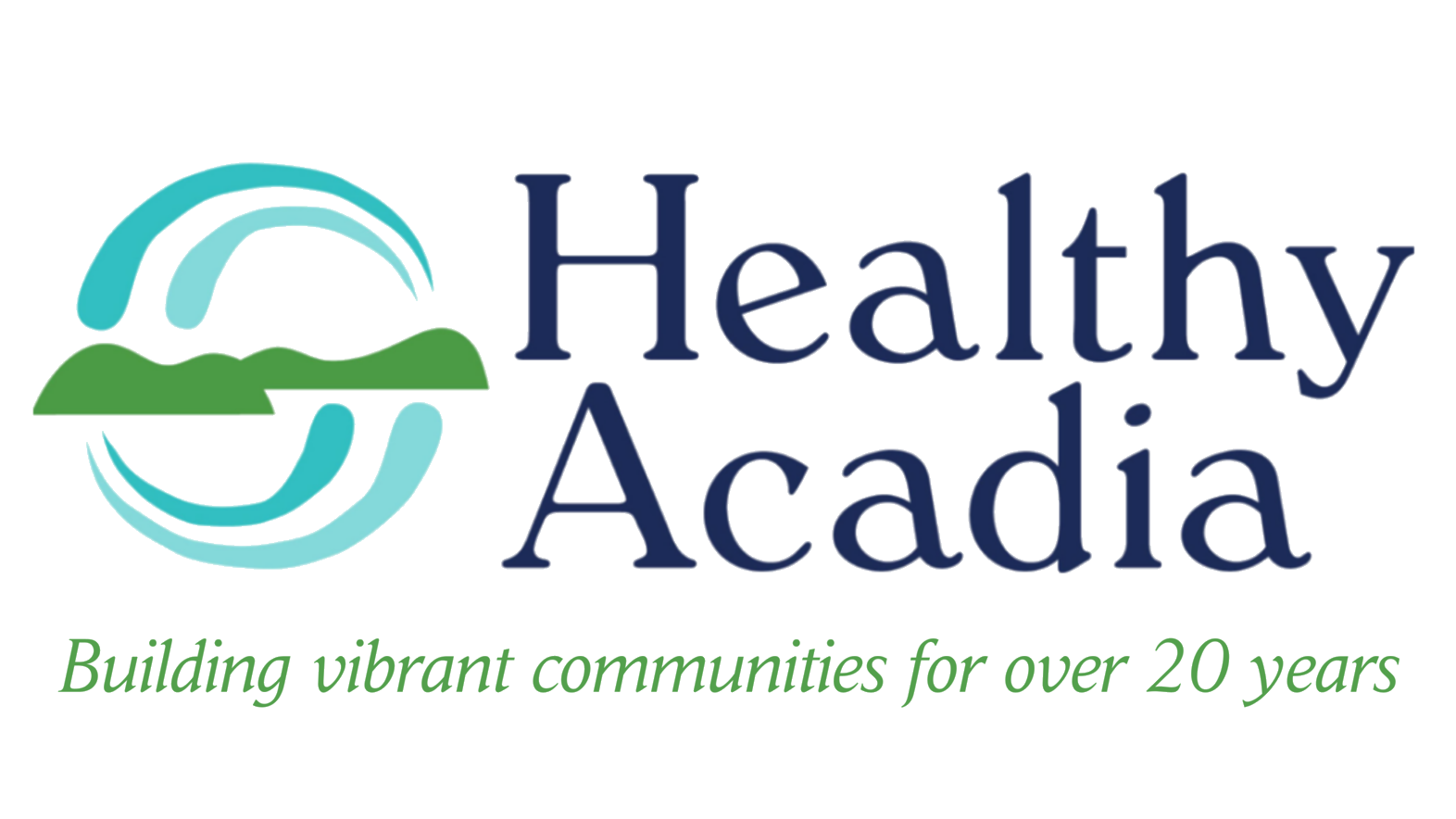COVID-19 News and Updates
Hello all,
Nina Duggan here with the latest COVID-19 news and updates.
This week we will be discussing further information regarding Maine’s Unwinding process, COVID-19 and cardiovascular health, and what the FDA approval of the antiviral drug Paxlovid means in practice.
COVID Communication:
Continuing the Unwinding Process
Following our previous updates on the Unwinding, here’s more of what you need to know.
If you still qualify for MaineCare:
· Make sure your contact information is up to date (e.g. address, phone number, and email address) with MaineCare
· To update information, either visit MyMaineConnection.gov or call 1-855-797-4357.
· Make sure to check your mail for a letter from the DHHS Office of Family Independence
If you are losing MaineCare:
· Losing MaineCare is a “Qualifying Life Event”, which means you can enroll in an employer plan outside of Open Enrollment.
· People losing MaineCare are eligible for a Special Enrollment Period to apply at CoverME.gov between now and July 2024
· All plans on CoverME.gov cover doctor visits, prescription drugs, and emergency care
· Many people can find a plan for $10 or less per month with financial help
· You can apply either on CoverME.gov or by calling 1-866-636-0355
If you have any questions about this process, please reach out to our public health coordinator at nina.duggan@healthyacadia.org or call/text us at 207-271-6023 and we can help find the answers you need together.
COVID in the News:
State of COVID-19 in Maine
As of May 30th, there were 120 new active cases reported in the state, with 4 additional deaths due to COVID-19. There are currently 53 people hospitalized with COVID-19 in Maine, with 5 in critical care.
COVID-19 and Cardiovascular Health
As part of a request for more information on the impacts of a COVID-19 infection, long COVID and what to look for, we will be reporting out more information on COVID-19’s impacts on the body as information becomes available.
Since the beginning of the pandemic, patients were reporting impacts of COVID-19 on their vascular system (particularly in cases of more serious illness). Now, four years in, we know that COVID-19 is very much a vascular disease, proving especially damaging to the inner linings of the blood vessels. Updated data presented from the Heart and Stroke Foundation shows more about the impact of COVID-19 on the body and precautions people can take to prevent any complications.
Studies are showing that those who have contracted COVID-19 have shown an increased risk of developing cardiovascular complications (e.g. heart attacks, strokes, issues with heart rhythm, and blood clots). These studies have also found that the severity of the infection did not make that large of a difference, these complications have been showing up even in those who had very mild symptoms. What’s more, these complications have also appeared in young, active people. Regarding long COVID and potential vascular complications, there has been no correlation with more cardiovascular risk than acute or mild short-term illness in long COVID patients.
What the data did show is that vaccination provided significant benefits against these complications. Not only does the vaccine reduce your chance of getting sick in the first place, but it greatly reduces the risk of long-term vascular damage from the disease (reducing risk of heart attack and stroke post infection by as much as 50%).
If you have had COVID-19 recently, it’s important to tell your doctor. Cardiovascular disease can be difficult to detect, so if you have any concerns make sure to request screening and speak with your physician further.
Ultimately, the best way to prevent cardiovascular complications from a COVID-19 infection is to try and avoid an infection in the first place. Make sure you are up to date on your vaccinations (including the bivalent boosters), and wear a mask in crowded spaces.
Links and Sources: COVID Vaccine Facts “COVID-19: Heart Disease and Stroke”; Heart and Stroke “COVID, heart disease and stroke”
Oral Paxlovid FDA Approval Explained
On the 25th of May the FDA approved the oral antiviral COVID-19 treatment Paxlovid for the treatment of mild-to moderate COVID-19 in adults at high risk of severe disease, hospitalization, and death. What does this mean in practice?
Paxlovid has proven to be a powerful tool in fighting COVID-19, and until now has been manufactured for use under the emergency use authorization to combat the disease. Paxlovid packaged under the emergency use authorization will continue to be available for adults, and furthermore will be eligible for children ages 12-18 who are not covered by this approval.
This approval follows the results of positive clinical trials, in which the drug’s safety and effectiveness met the FDA’s standards. The data from the clinical trials further showed that the FDA does not believe that there is a link between Paxlovid treatment and COVID-19 rebound cases as some had feared, finding that patients who experienced rebound symptoms were in both the Paxlovid and placebo groups of the trials.
This approval is exciting news, as the drug has so far helped many people avoid the worst effects of COVID. What’s more, Paxlovid is also being studied as a potential treatment for those suffering from long COVID symptoms.
If you are at high risk for severe disease, talk to your doctor about the possibility of taking Paxlovid should you get sick before you contract COVID-19. Paxlovid is at its most effective when taken within the first five days of an infection, and must be taken as soon as possible for best results.
Links and Sources: Unibiased Scipod “Oral Antiviral Paxlovid FDA Approved”; FDA News Release “FDA Approves First Oral Antiviral for Treatment of COVID-19 in Adults”
Sign up here to receive Nina’s COVID-19 updates via email.
Follow Healthy Acadia on TikTok (@healthyacadia) for more updates!
If you or anyone you know have questions or concerns about COVID-19 or the available vaccines please call or text our COVID-19 Peer Support Line at 207-271-6023, Monday through Friday, 10 a.m. to 7 p.m.
